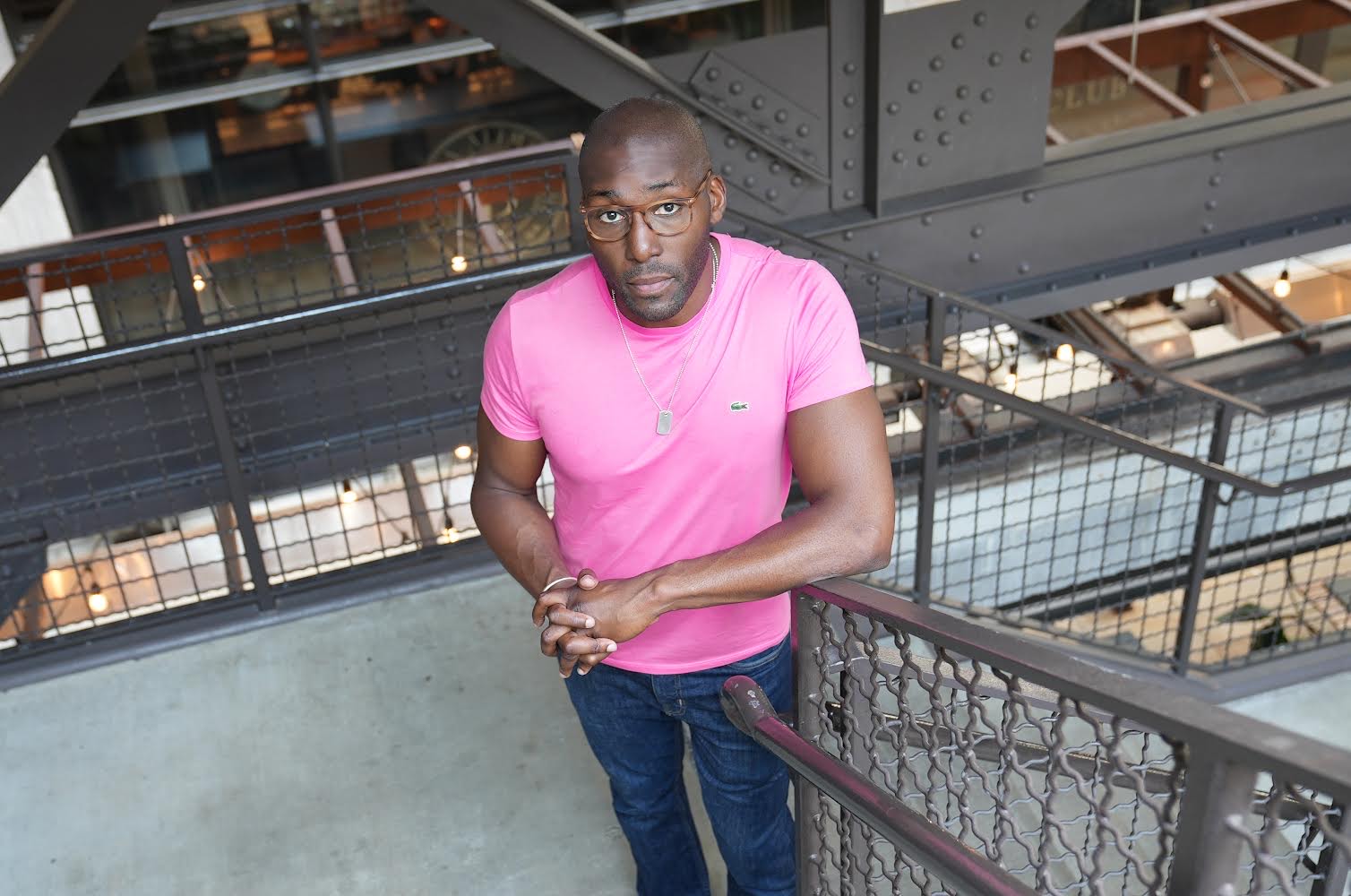
November 8, 2023
Steinbridge Group Sets $100 Million Commitment To Create Attainable Housing For HBCUs
Davis believes that HBCUs and his company can develop a mutually beneficial relationship because he sees that HBCUs are sitting on resources which can be used to create wealth and income for themselves.
The Steinbridge Group is making a $100 million commitment in an effort to address long-standing funding inequities at the nation’s HBCUs to produce attainable or affordable housing.
Earlier in 2023, President Joe Biden’s administration admitted in a joint letter with Secretary of Education Miguel Cardona and Secretary of Agriculture Tom Vilsack that HBCUs had “not been able to advance in ways that are on par” with white land grant institutions in those states due “in large part due to unbalanced funding.”
According to Forbes, The Steinbridge Group looks for assets that have been underutilized or undervalued in order to flip them and create wealth. Steinbridge partners with institutions focused on a mission aligned with theirs. HBCUs generally fit this bill, and to sweeten the deal for the institutions, Steinbridge wants to create programs that will help students of those institutions reach their goals of homeownership.
“The company’s goal is to demonstrate that private capital can be used to do tremendous good and still make a good return. While the model opens the door for Steinbridge to partner alongside an array of local groups like community hospitals, churches, or local nonprofits, HBCUs stood out as clear investment pursuits,” Tawan Davis, Steinbridge’s founder and CEO, told Forbes.
Davis believes that Black colleges are rife with opportunity to be developed.
“Many of them have land, untapped assets, workforces, and degree programs that can be financially leveraged,” he said.
Davis believes that HBCUs and his company can develop a mutually beneficial relationship because he sees that HBCUs are sitting on resources which can be used to create wealth and income for themselves. He told Forbes, “The HBCU investments will prioritize partner ownership. HBCUs are expected to keep meaningful ownership of the project and retain the flexibility to be sensitive to student and local needs.”
He continued, “To that end, some HBCUs might employ it as an incentive to attract the best workforce. Others may desire to build affordable housing opportunities. The end vision is for colleges to keep tangible ownership of projects, collect revenue, and generate long-term value for their stakeholders.”
Nekiya Young, who studies the connection between geography and HBCUs, says that HBCUs are important to the communities they exist in.
“Because HBCUs are in the heart of diverse communities, their level of responsibility is automatically heightened solely because residents look to these cultural institutions to analyze and provide solutions for their neighborhoods’ unprioritized or neglected problems,” Young told Forbes.
Davis wants to allow those in the neighborhoods where HBCUs exist to participate in his project should they so choose.
“I’d like to figure out a way to build a bridge to transition [in neighborhoods surrounding HBCUs]. I don’t know if Steinbridge has the resources to stop gentrification, but we can build a bridge to transition by allowing the people who are in the neighborhoods to participate and stay if they’d like, and then own a home in that very same neighborhood,” Davis said.
RELATED CONTENT: Tawan Davis Partners With PNC Bank To Help Boost Homeownership In Philadephia For Working Families